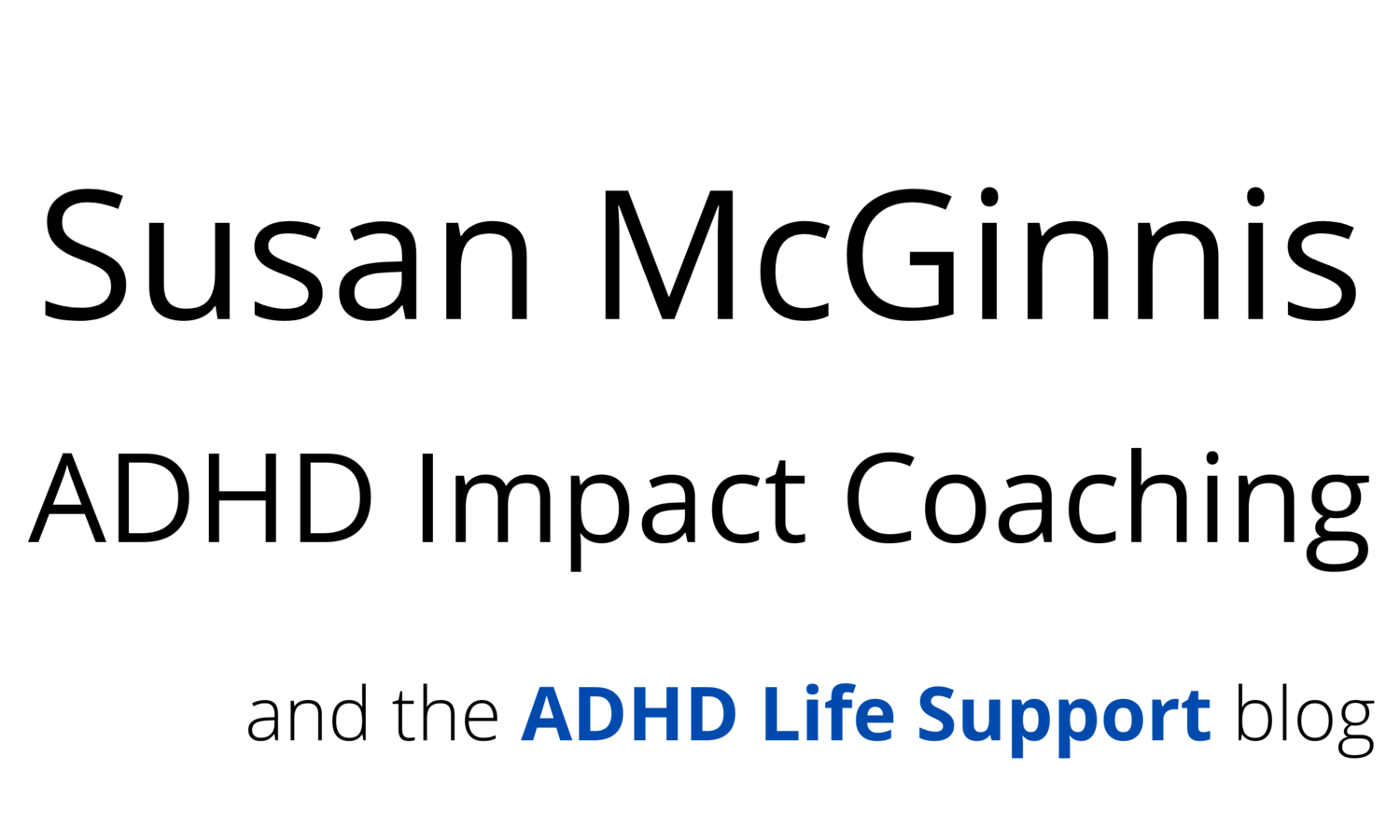The Right Amount of Challenge for ADHD
You may have see this as an ADHD meme: when the sense of struggle stops, we lose interest. It’s boring. It’s easy.
YET — when we’re in the struggle, we’ve got all the feelings: of overwhelm, dread, hopelessness, and failure. These feelings can stop us from working towards our goals.
What is the right amount of challenge for you? That keeps you engaged, but not panicked or hopeless?
Challenge is an emotion, so it can come from many sources, like feeling judged, disliked or unsupported. Managing the sense of challenge so that it is enough to stay interested and engaged, but not too much, is part of ADHD self-regulation. Teachers and parents can attune to this delicate fulcrum in children in their care.
As a coach, I am curious about the true source of the feelings of stress, anxiety, or challenge. Often, I am completely surprised by what we find - as is the client! Is it really about the work itself? Or is it a response to something else?
We all have automatic assumptions about what situations and feelings mean, assumptions that we rarely question. For example:
Does frustration mean something is too hard?
Does negative feedback about your performance mean you’re a failure?
Does failing mean you should stop trying?
What I’ve noticed is that the big emotions of feeling challenged tend to be around things we cannot control, such as how others judge our work, whether others agree with us, or help us, and others’ expectations of us.
What I take away is, we are always learning and iterating from experience, using our “failures” as input to help us get new ideas for what to try differently. But in this world we don’t control, the timing of our personal learning curve may not be in sync with external forces.
My perspective is that the “right challenge” is one that is personally meaningful and within your control. It may take work to find your personal meaning in a challenge, but you can find it. Then, you are able to perservere by focusing on what you will do.
For someone in sales, for example, this might sound like: “I really want to be able to connect with people, and I want to offer help to them, so I’m going to call 20 prospects today - even though they might hang up on me or tell me no. I might learn things that help me do this even better.”
As a coach, I help people find their personal connection to a challenge, to transform it into engagement. That’s a self-regulation skill that can be fostered and learned.
Welcome to ADHD Life Support,
the blog of Susan McGinnis of ADHD Impact Coaching,
where I share resources, ideas, and information: www.adhdimpactcoaching.com
